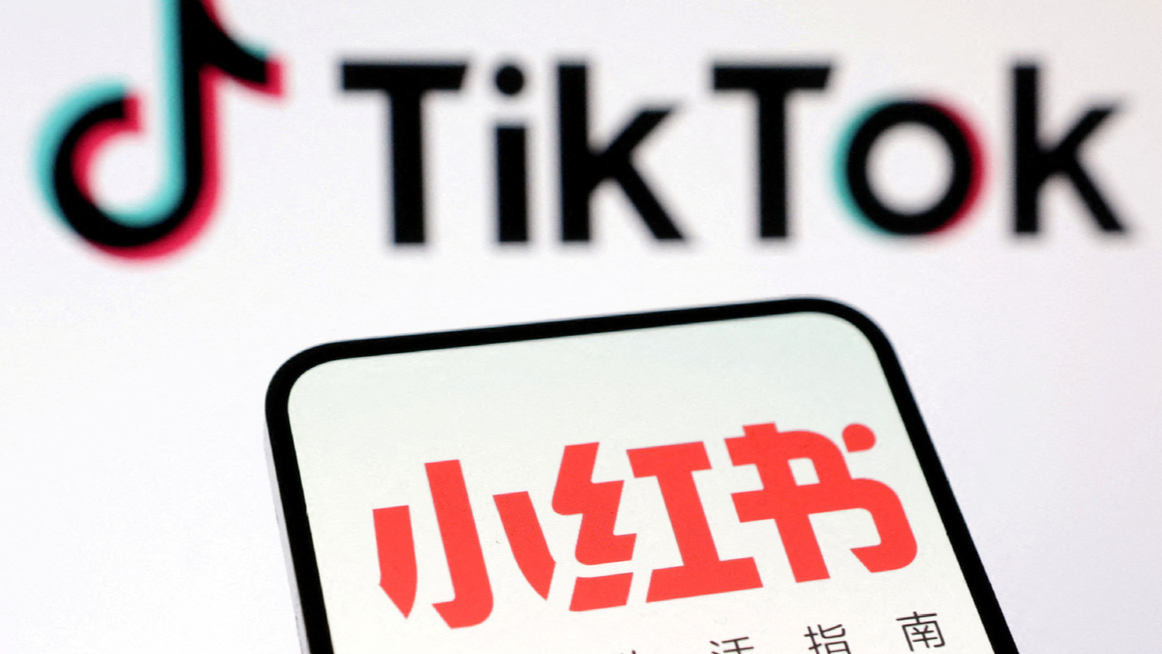
Major social platforms operating in Hong Kong —including Douyin, Meta, WeChat and Xiaohongshu —will add “tip-off” function for users to flag suspicious financial frauds and scams, amid a growing number offraud cases in the city.
According to a joint anti-scam consumer charter released on Wednesday, these platforms will also provide direct and efficient reporting channels for financial regulators to report and follow up fraudulent activities.
The Anti-Scam Consumer Protection Charter, now in version 3.0, was launched jointly by The Hong Kong Monetary Authority (HKMA), the Securities and Futures Commission (SFC), the Insurance Authority, and the Mandatory Provident Fund Schemes Authority (MPFA).
READ MORE: Meta to phase back in political content on social platforms
The 3.0 version includes collaboration of global technology giants behind major social platforms —hotbed for frauds and scams — and telecommunications providers to combat surging financial fraud.
The participating institutions also promised to address these reports in a reasonable manner.
The move followed alarming police data revealing over 140 social media and messaging app account hijackings in the past month — 90 percent involving WhatsApp —causing losses exceeding HK$10 million ($1.27 million), police said on Wednesday.
Separately, over 17,000 deception cases in the first five months of 2025 were reported, an 8 percent year-on-year increase driven by online shopping, job-hunting scams, and telephone fraud. Financial losses from these cases totaled HK$2.87 billion, down 25 percent from 2024.
The “tip-off” function for users is one of the six principles specified in the new chapter. Others include implementing risk-based advertiser verification; monitoring financial content and removing policy-violating material; enforcing service terms against scam content; and collaborating on public education campaigns. This framework significantly expands upon 2023’s Charter 1.0 (targeting credit card phishing) and 2024’s Charter 2.0 (multi-industry digital fraud prevention).
READ MORE: As demand grows, apps urged to improve content, services
Charter 3.0 marks a strategic evolution: Whereas Charter 1.0 focused solely on banks preventing credit card phishing, and Charter 2.0 broadened to over 280 institutions across sectors, the new version directly engages technology and telecommunication firms, which were absent previously; shifts from reactive prevention to proactive detection via advertiser checks; and includes content monitoring. And it establishes real-time cross-sector scam interception replacing post-fraud education.
“Charter 3.0 is a meaningful step forward, unites finance, technology and telecommunications companies to protect citizens by tackling scams at their source,” SFC CEO Julia Leung Fung-yee said. HKMA Chief Executive Eddie Yue Wai-man emphasized the cross-sector milestone demonstrates collective resolve against increasingly sophisticated fraud.
MPFA Managing Director Cheng Yan-chee said, “We urge the working population to stay vigilant and join hands with us by proactively reporting suspected scams to safeguard their MPF interests.”
Huang Yawen contributed to the story.


